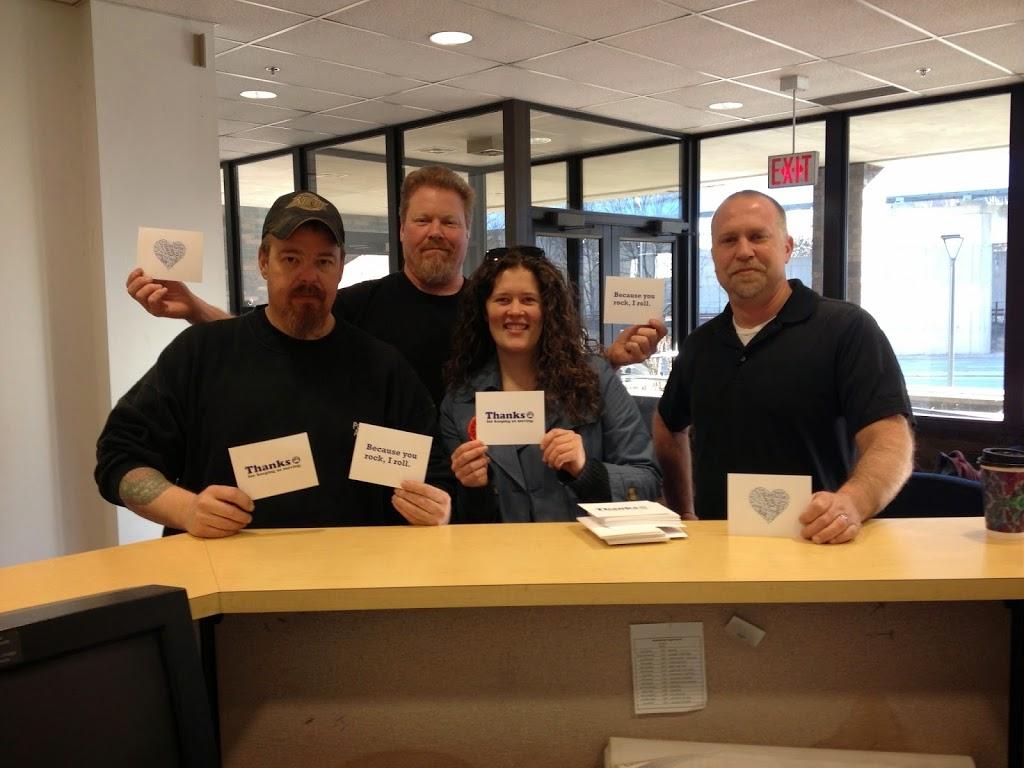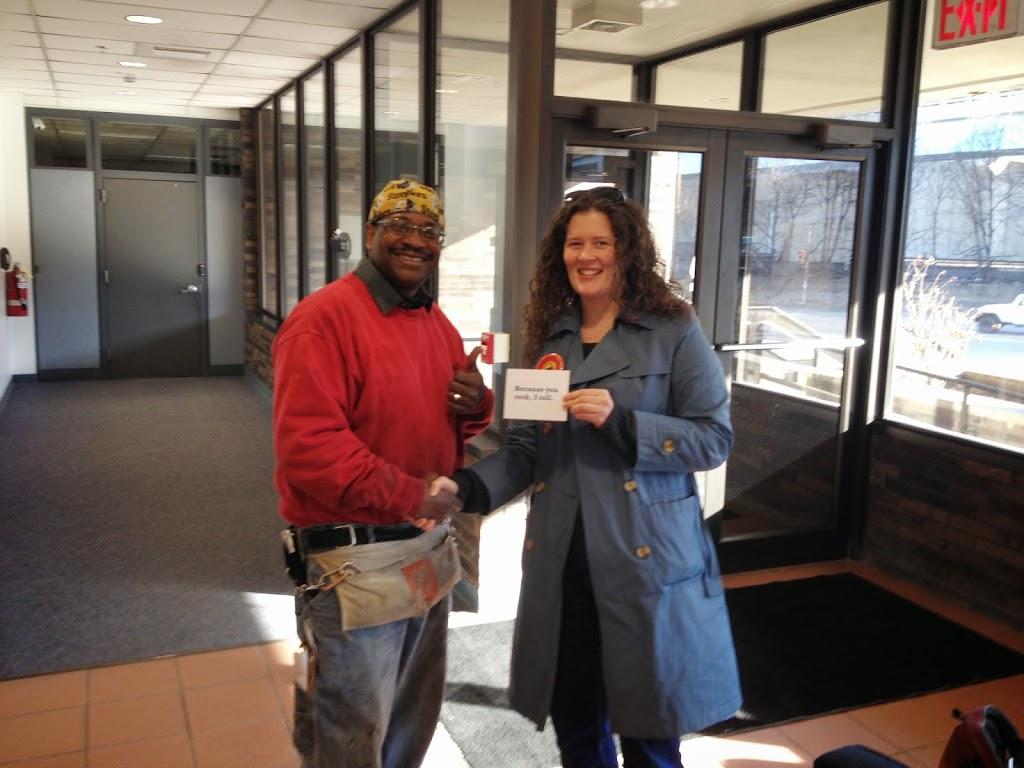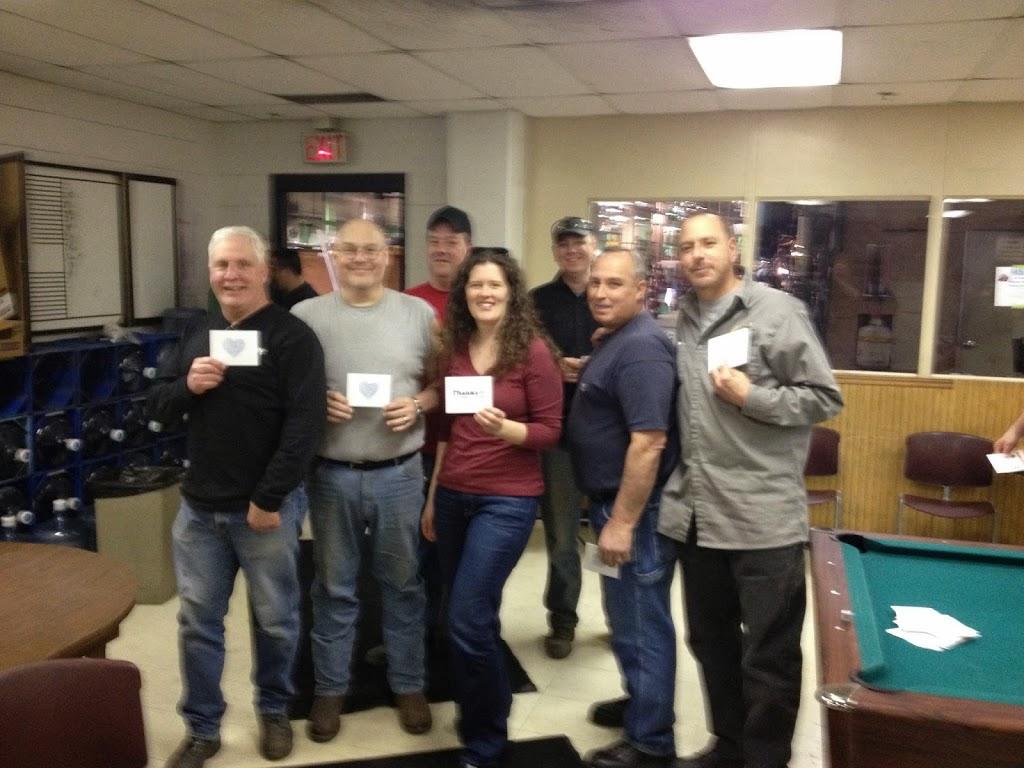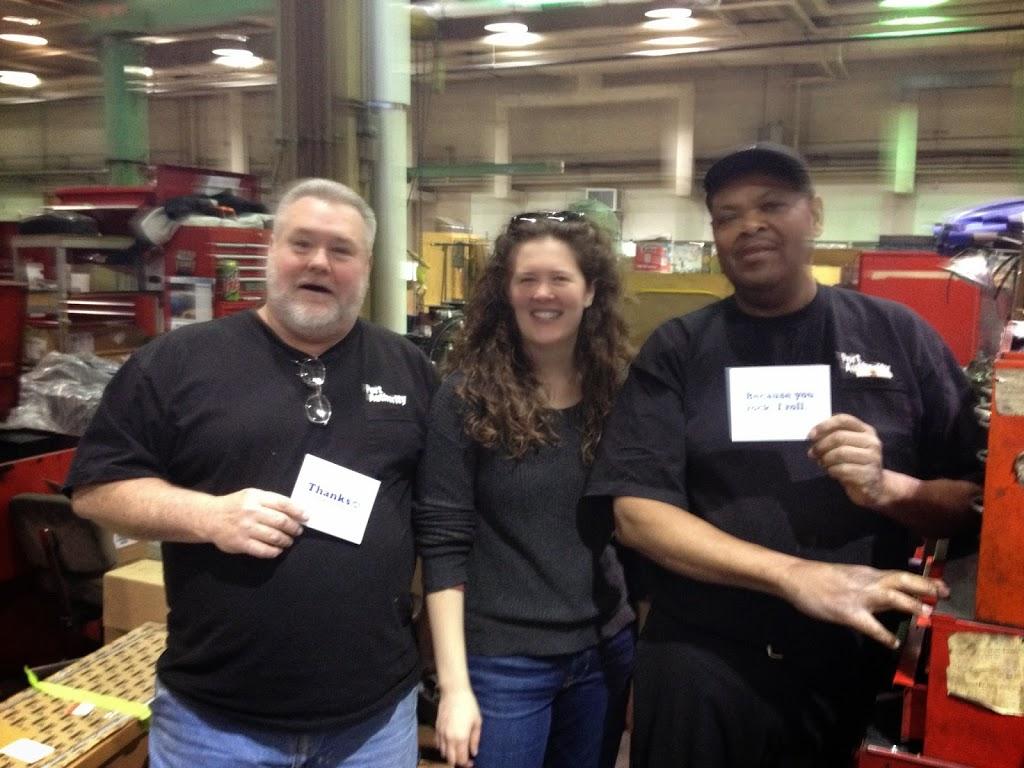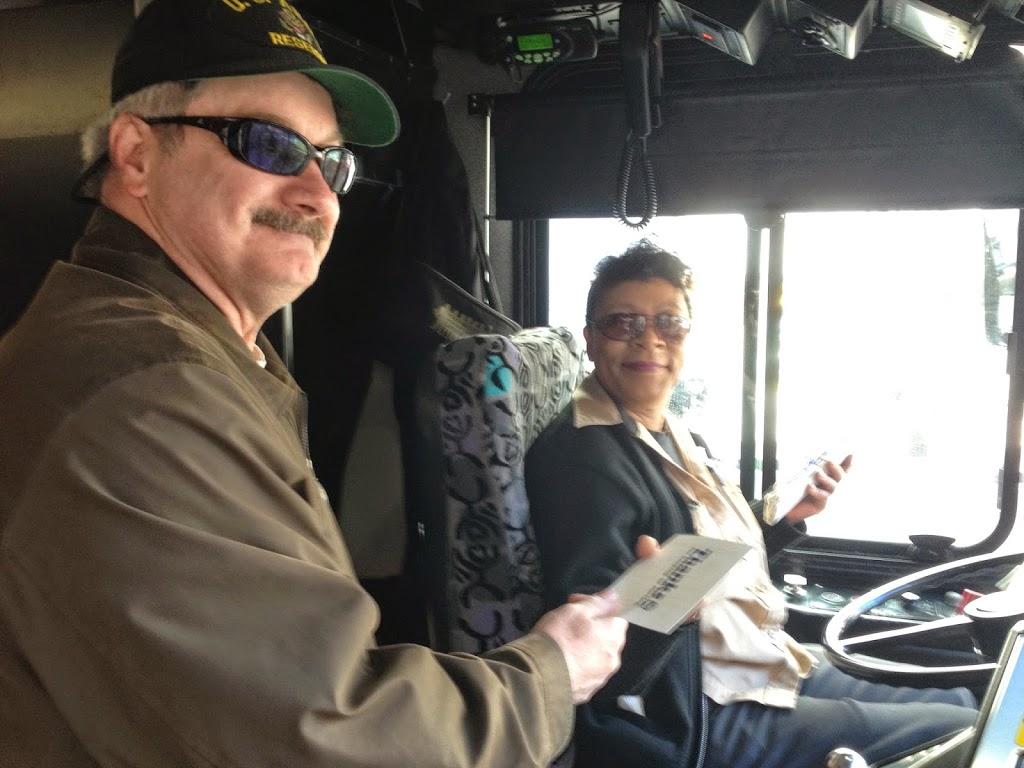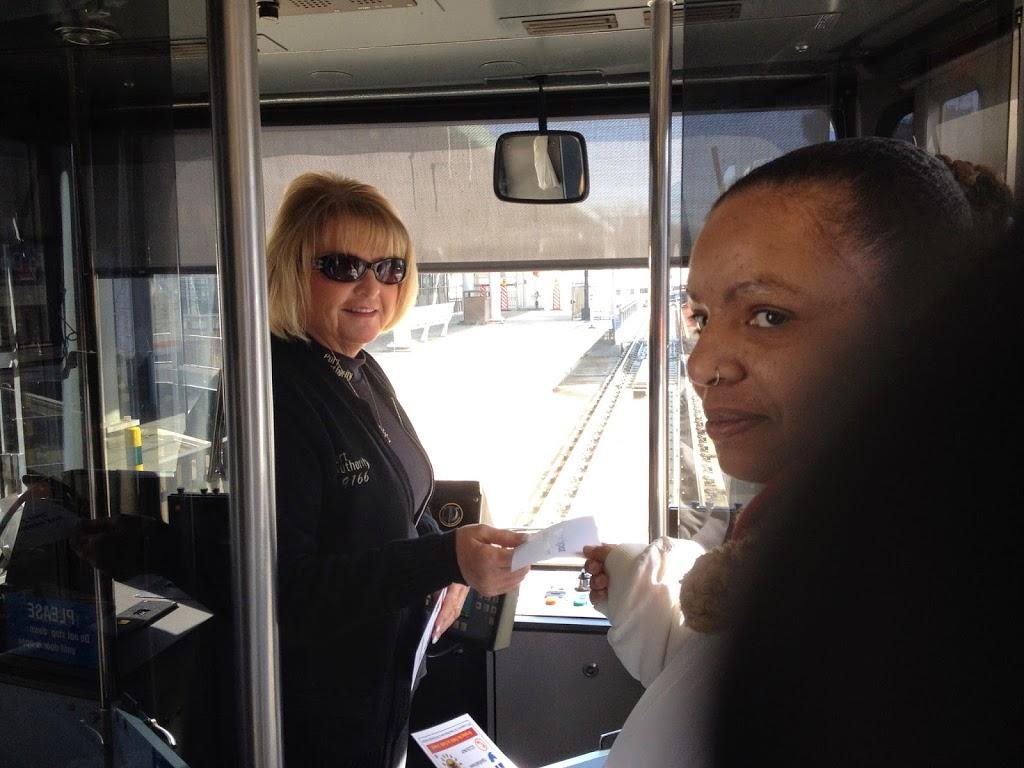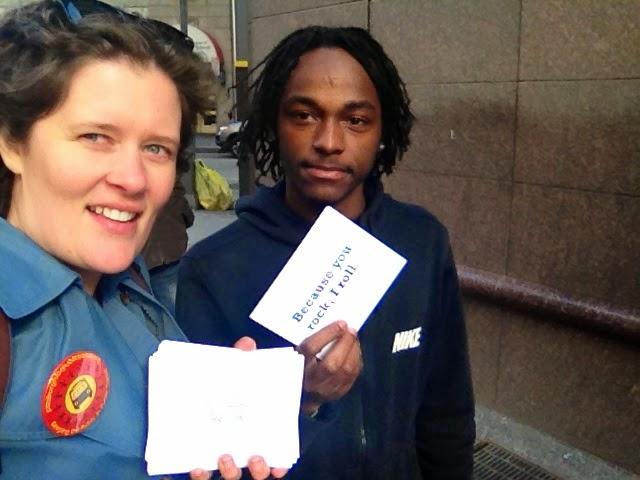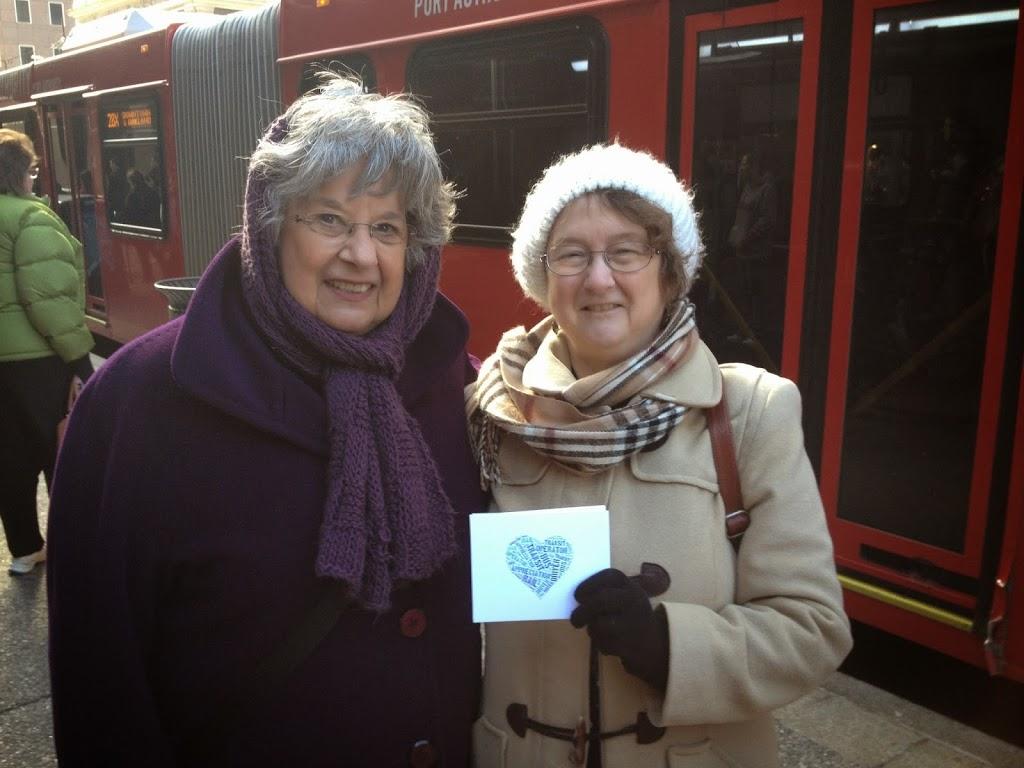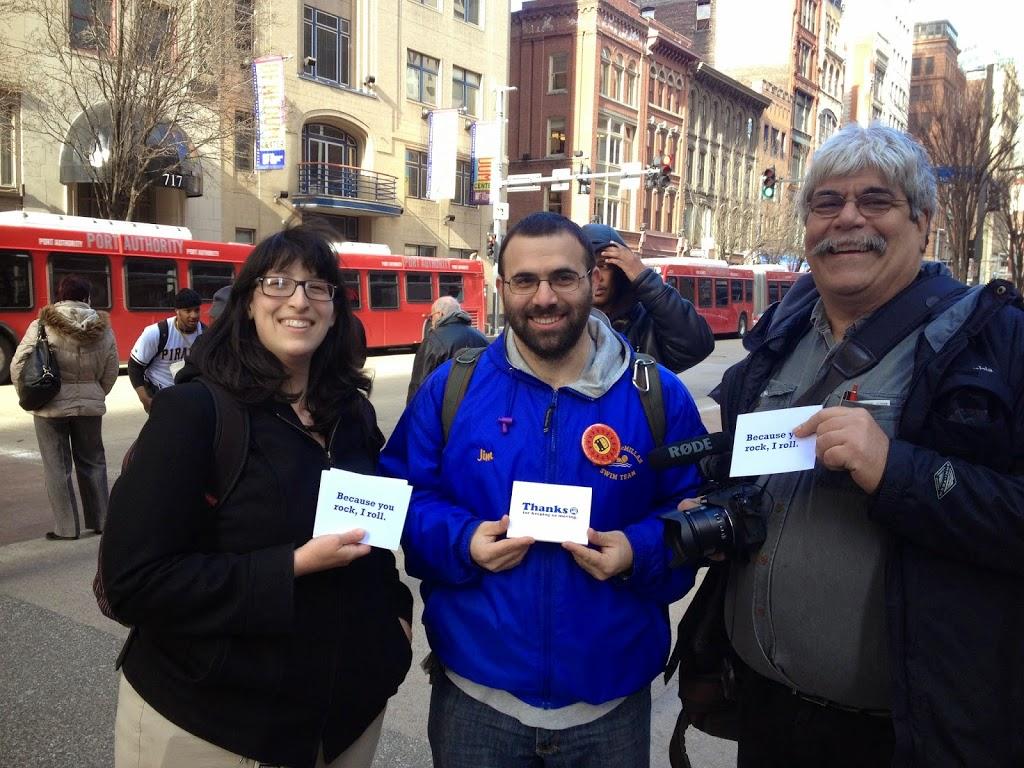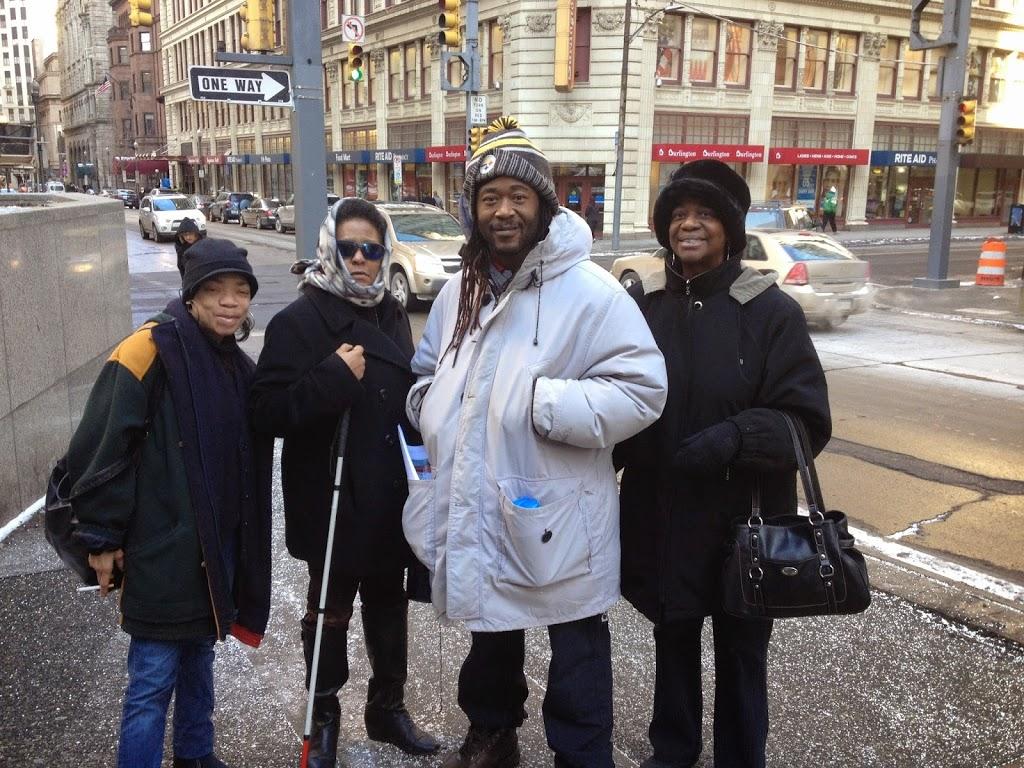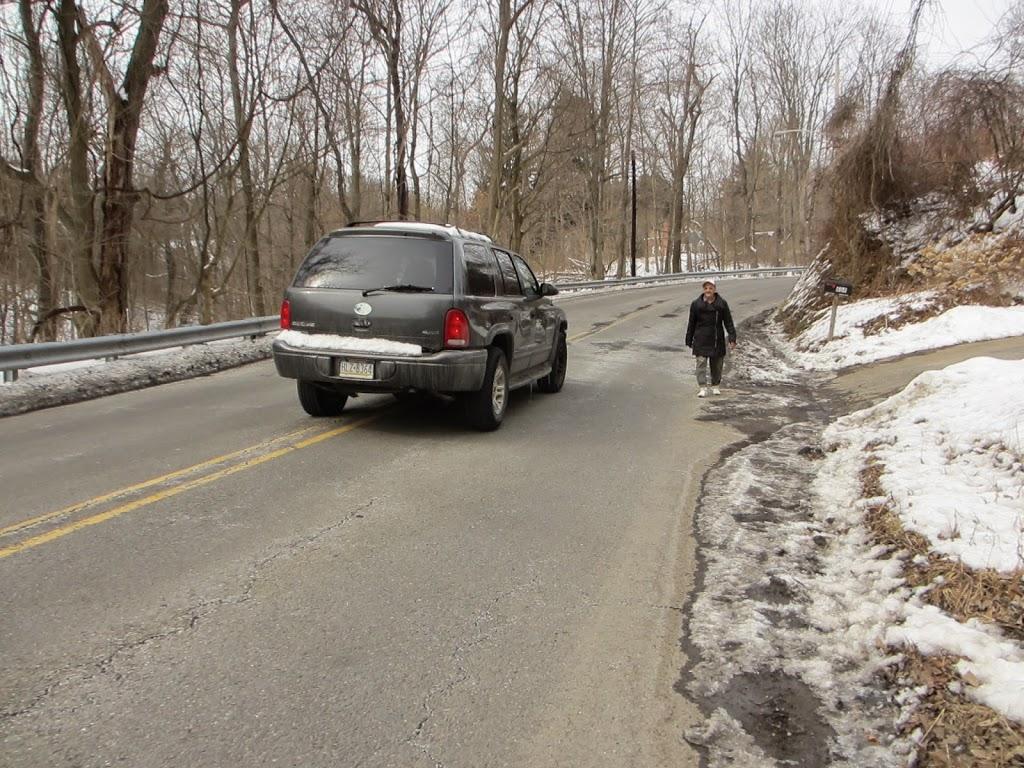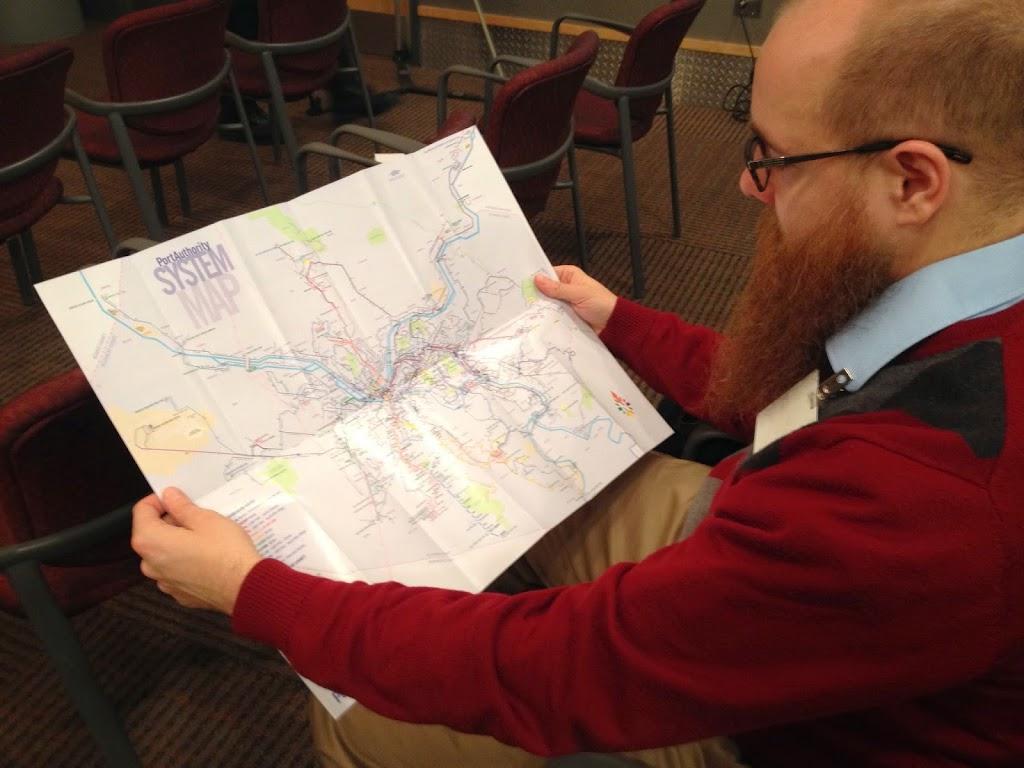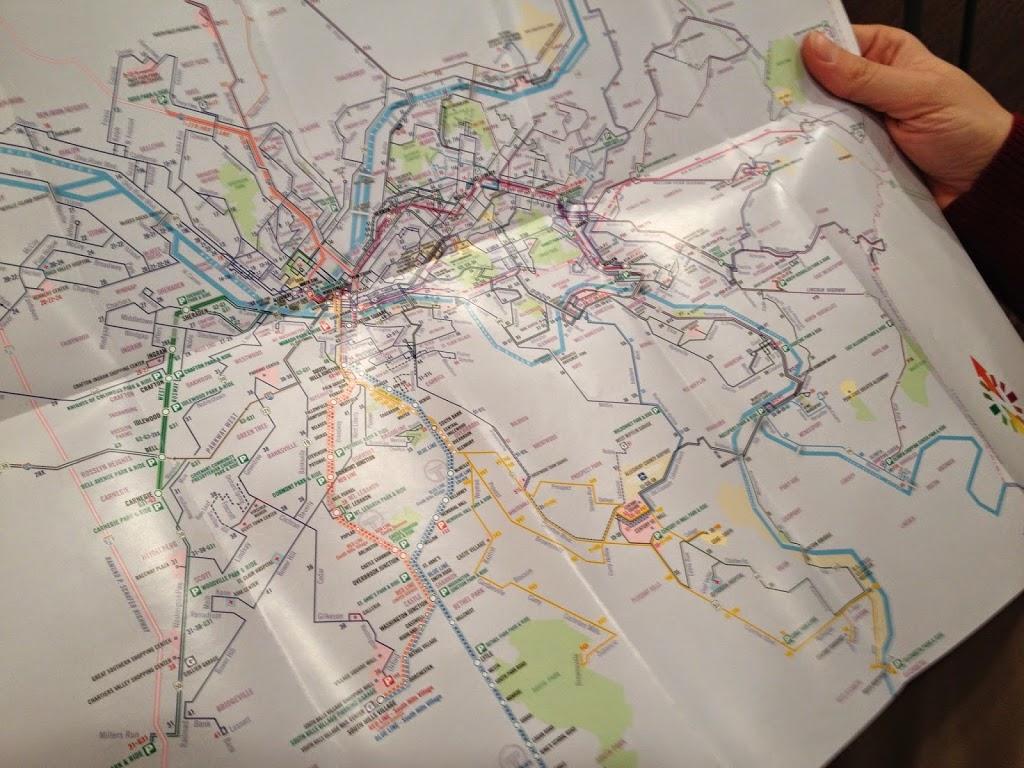Port Authority proposed a new fare policy that includes reducing the Zone 2 fare from 3.75 to 2.50. This is great news! Other details of the proposal are here.
Please complete this survey to let them know what you think!
Attend the next hearing to learn more and deliver your comments (no need to sign up in advance):
Tuesday, March 8
Connolly Ballroom
Alumni Hall
University of Pittsburgh
4227 Fifth Avenue
3 pm to 7 pm
Here is TV coverage from the first hearing:
http://www.wtae.com/news/port-authority-flat-fare-on-schedule-for-2017/38172376
Here is PPT’s position:
February 23, 2016
PPT position on Port Authority fare proposal
The Pittsburgh metro region has one of the highest base fares in the country, and public transit riders should not pay any more for transit than we currently do. If anything, we should pay less.
PPT wholeheartedly supports reducing the Zone 2 fare from 3.75 to 2.50, especially for the benefit of low-income suburban riders. This is a very significant step for the Port Authority to take, and we commend it. We regularly talk to riders in Zone 2 who have trouble paying the current high fares. And folks who live in the city have trouble paying to get to job centers in Zone 2. McKeesport, Duquesne, Clairton, Monroeville, Groveton, Coraopolis, Robinson, and Penn Hills are just some of the communities that will benefit from this reduction. Many of these residents struggle to make ends meet financially, and this fare change will make getting to their destinations less of a burden.
PPT is opposed to cash surcharges, and do not believe cash users should be punished. We appreciate the operational reasons to incentivize connect card use, but we think Port Authority needs to provide much more education and infrastructure to ensure that all riders have better access to cards. The cards need to be available at more locations and near more bus stops that are not along the fixed guideways.
If Port Authority has to enact a fee for connect cards in order to put them in the ticket vending machines, the charge should be as low as possible. But the cards should still be free at the service center downtown, Giant Eagle locations, for human service agencies and community organizations, etc.
Routes designed as feeders (for example, the 79 and the 89) should have free transfers to the main routes. It is unfair to expect riders on these routes, which are designed to feed into another route, to pay an extra dollar to get to their destination.
We strongly support having weekly and monthly passes for those who are eligible for the half-fare. These riders currently have to pay for each ride to get the reduced fare, and they deserve the discounted rate of weekly and monthly passes.
Proof of payment on the rail involves having more police on the trains, and we are very concerned about how the policing and enforcement will happen. Measures would need to be in place to ensure that the enforcement does not target or profile certain routes or populations of riders. We know this has been an issue in other cities, and expect a detailed and thorough plan—along with extensive training for the police (including implicit bias training)—to make sure that does not happen in Pittsburgh.
We understand the Port Authority’s interest in simplifying the system by changing to pay-on-enter. We know many riders have asked for that to deter confusion and allow for people to exit off the back door outbound. We do think that more studies need to be conducted to assess the impact of getting rid of the free fare zone. Which riders currently use this zone? What negative impact would there be to get rid of it? And, what are the consequences for operations and service planning? How would paying on enter during downtown rush increase boarding time and cause congestion? What plans are there to mitigate this?
Thank you for your time, and we want to re-iterate how welcomed the Zone 2 fare reduction is and how much we support this change to our transit system.

